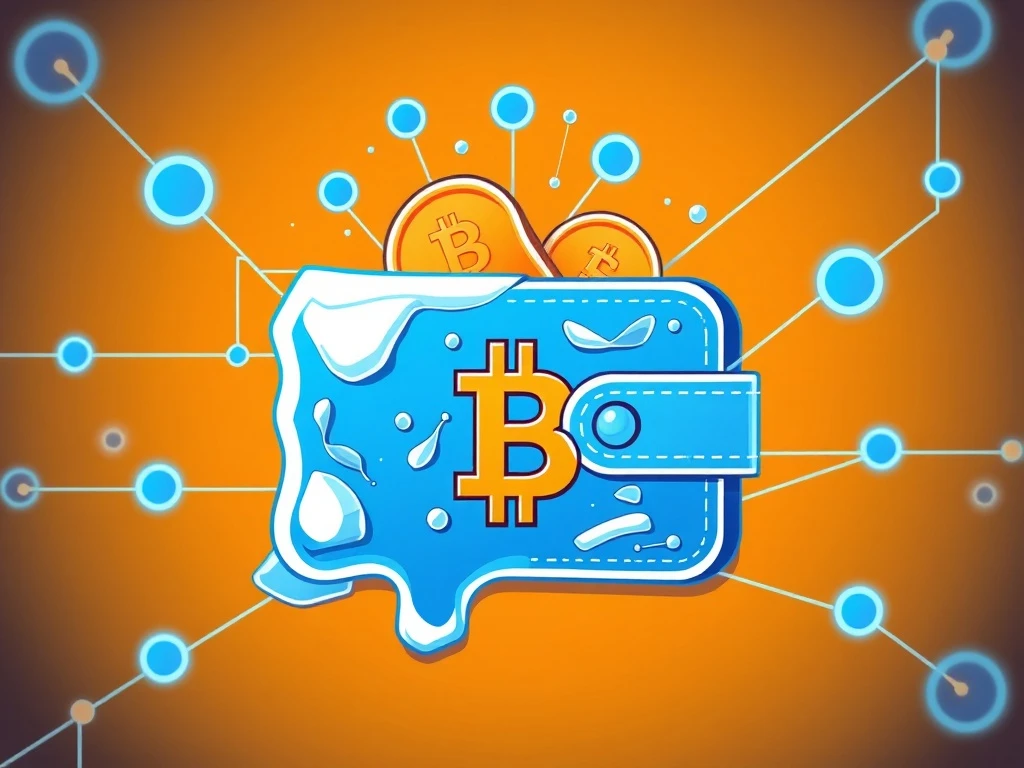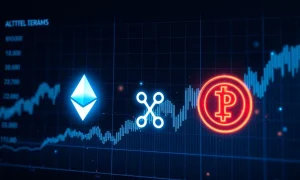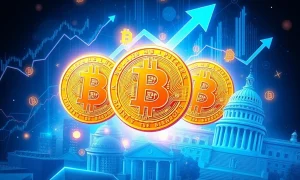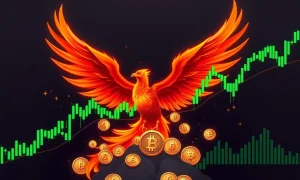The recent freezing of Justin Sun’s $100 million wallet by World Liberty Financial has exposed critical vulnerabilities in DeFi decentralization, sending shockwaves through the cryptocurrency community and raising fundamental questions about true decentralization.
DeFi Decentralization Crisis Unfolds
World Liberty Financial executed a dramatic move against Tron founder Justin Sun. They blacklisted his wallet containing 595 million unlocked WLFI tokens. This action followed a $9 million token transfer that raised concerns. The incident highlights the ongoing struggle for genuine DeFi decentralization in modern blockchain projects.
Governance Structure Breakdown
WLFI’s governance model reveals significant centralization despite DeFi decentralization claims. The project operates through a Delaware non-stock corporation rather than a true DAO. Token holders can vote on proposals but face strict limitations. Voting power caps at 5% per wallet, preventing meaningful influence from large stakeholders. Final authority rests with a multisignature wallet controlled by project leadership.
Technical Implementation Details
The blacklisting occurred through a specific smart contract function. The contract executed `guardianSetBlacklistStatus(address,bool)` with `isBlacklisted: true`. This technical capability exists in many modern tokens despite DeFi decentralization promises. The function affected wallet address 0x5AB2…DA74, freezing both liquid and vested assets.
Market Impact and Investor Response
WLFI’s price dropped 40% since September 1 launch. The token fell from $0.30 to below $0.18 before the freeze. Investors expressed concern over the project’s stability measures. The team previously burned 47 million tokens to support prices. However, market confidence continued deteriorating despite these interventions.
Broader DeFi Decentralization Implications
This incident underscores systemic risks in DeFi decentralization models. Many tokens incorporate administrative controls despite decentralization claims. Bitcoin and older blockchains resist such interventions by design. Modern projects often prioritize functionality over pure decentralization principles. Investors must carefully examine governance structures before committing funds.
Key Lessons for DeFi Participants
* Scrutinize governance models before investing in DeFi projects
* Understand smart contract capabilities including administrative functions
* Evaluate token distribution and voting mechanisms
* Monitor development team control over project decisions
* Assess emergency intervention protocols within the ecosystem
Future of DeFi Decentralization
The WLFI incident serves as a watershed moment for DeFi decentralization discussions. Projects must balance security needs with decentralization principles. Transparent governance becomes increasingly important for investor confidence. The community continues debating appropriate levels of centralized control in decentralized systems.
Frequently Asked Questions
What triggered WLFI’s wallet freeze?
The freeze followed a $9 million token transfer from Justin Sun’s wallet. WLFI leadership interpreted this as potential market manipulation despite Sun’s claims of routine testing.
How much value was frozen in the incident?
Approximately $100 million in unlocked tokens plus 2.4 billion locked tokens under vesting schedules were immobilized by the blacklisting action.
Can token holders reverse such decisions?
WLFI’s governance structure gives final authority to project leadership through a multisig wallet, limiting token holders’ ability to reverse administrative decisions.
How does this affect DeFi decentralization credibility?
The incident highlights the gap between decentralization rhetoric and practical implementation, potentially undermining confidence in governance token models.
What should investors learn from this situation?
Investors must thoroughly examine smart contract capabilities and governance structures before committing to DeFi projects claiming decentralization.
Are other DeFi projects similarly vulnerable?
Many modern DeFi projects incorporate similar administrative functions, making them potentially susceptible to comparable centralized interventions.








